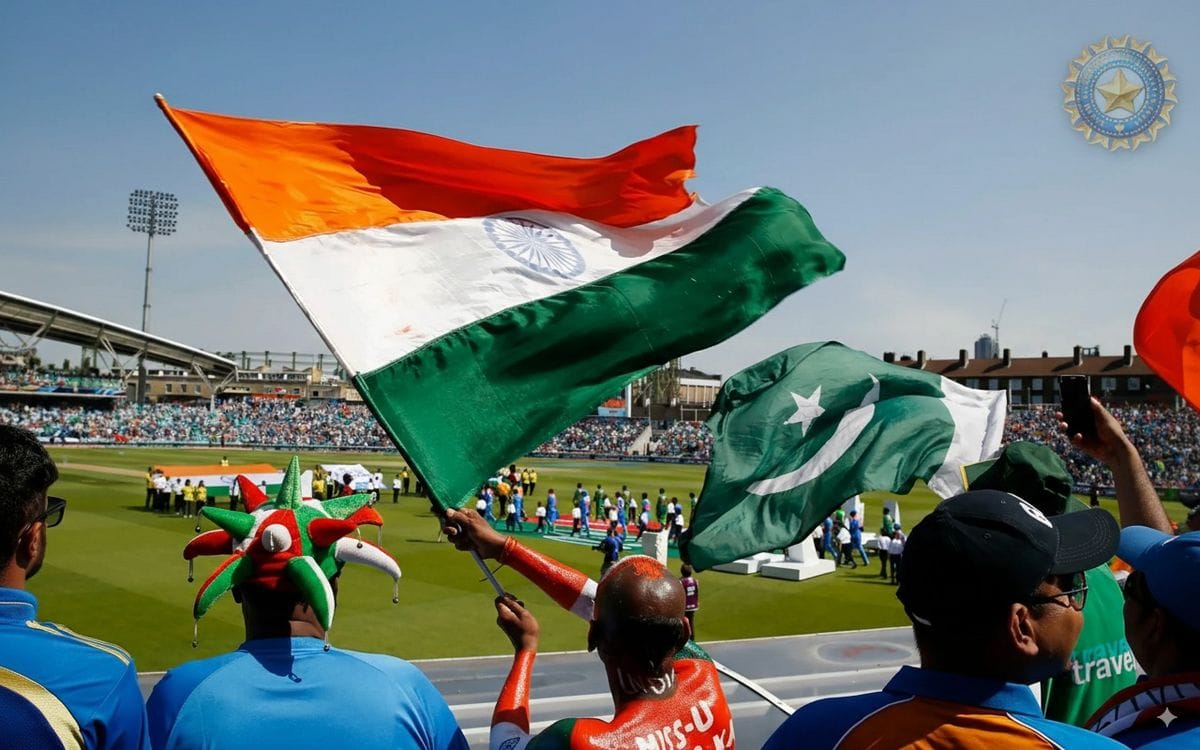BCCI Explains India–Pakistan Asia Cup Match: Read What The Top BCCI Official Said

BCCI Breaks Silence On India–Pakistan Asia Cup Clash: “We Have To Follow Government Policy”
The Board of Control for Cricket in India has explained why India will face Pakistan in the Asia Cup on September 14 in Dubai despite a public outcry after the Pahalgam terror attack. BCCI Secretary Devajit Saikia said the board is applying the central government’s revised stance: India will play teams from hostile nations in multi‑nation events, but bilateral cricket remains off the table. He also cautioned that refusing to fulfil fixtures at multinational tournaments can trigger sanctions that harm Indian sport and athletes.
In a detailed clarification, Saikia underlined that the BCCI’s position is guided by New Delhi’s policy framework.
“So far as the BCCI’s view is concerned, we have to follow whatever the central government formalises,” he said.
“Recently, our policy—regarding India’s participation in any multinational or international tournament—clearly states that there are no restrictions imposed by the central government on playing against countries not on friendly terms with India. So, India has to play all matches in any multinational tournament.”
Saikia drew a bright line between tournaments and home‑and‑away series.
“As the Asia Cup is a multinational tournament involving countries from the Asian continent, we have to participate,” he said. “Similarly, in any ICC tournament, even if it involves a country not on good terms with India, we are required to play. As far as bilateral ties are concerned, we are not going to play against any hostile nation.”
The BCCI official also addressed what a boycott could mean beyond cricket. “If India boycotts any of the multinational tournaments hosted by the Asian Cricket Council or the ICC… and India is not playing with a particular country, then there may be sanctions against the Indian federation,” he said. Offering a broader example, he added: “Suppose, taking an example, in athletics, India is not playing a particular tournament because we have to compete with a player belonging to a hostile country. If any sanction comes on the Indian Athletic Association… suppose Neeraj Chopra, he won’t be able to participate in any international event. So that will be detrimental to the interests of the players.”
Saikia stressed that the framework is sport‑agnostic and built to protect athletes’ interests across disciplines. “We are totally in alignment with the policy framed by the central government,” he said. “And we are very happy to follow the policy. That policy is very nicely done, taking into consideration not only cricket, but also other games.”
The government revised its guidelines in August, making explicit that Indian teams will participate in international and multilateral events even if those events include teams from nations with which India does not maintain sporting bilaterals. The Asia Cup fixture therefore moves ahead on schedule, separating multi‑nation obligations from bilateral freezes. In practical terms, it means the India–Pakistan match in Dubai will go ahead, and any potential boycott would hand a walkover to Pakistan while inviting administrative consequences that could extend beyond one sport.
Calls to skip the game came from some former players and fans after the April 22 attack in Pahalgam, which killed 26 tourists. But the BCCI’s explanation positions the board’s decision as adherence to a nationwide policy designed to safeguard India’s place in the Olympic, cricket, and wider sporting ecosystems, where absence or forfeiture can carry a cost that athletes ultimately bear. As Saikia put it, “We are following the policy framed by the government of India… taking into consideration not only cricket, but also other games.”